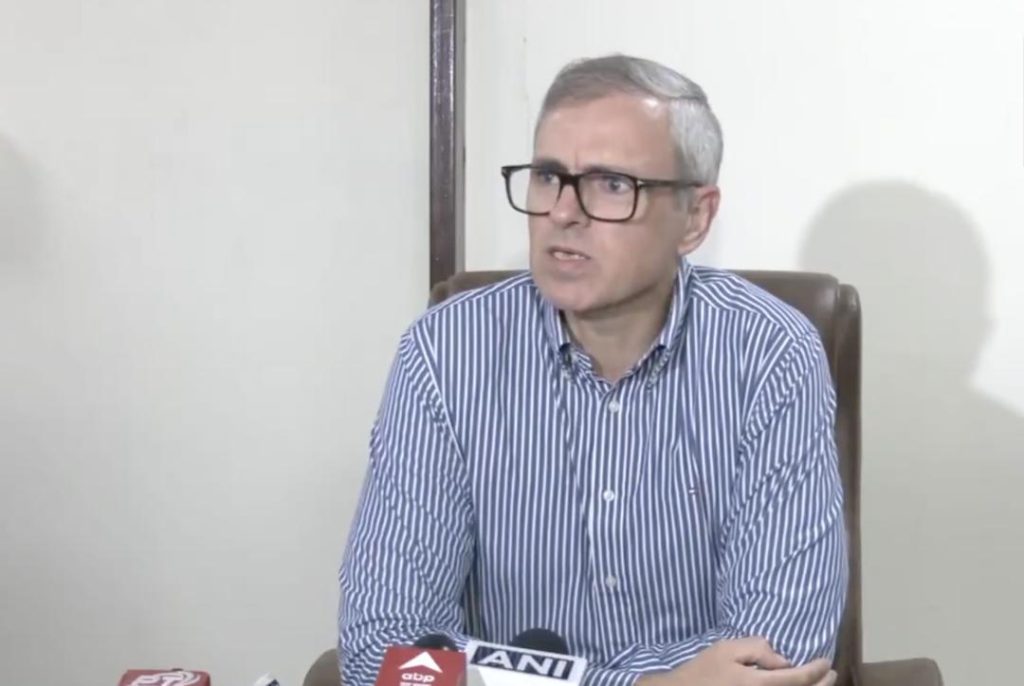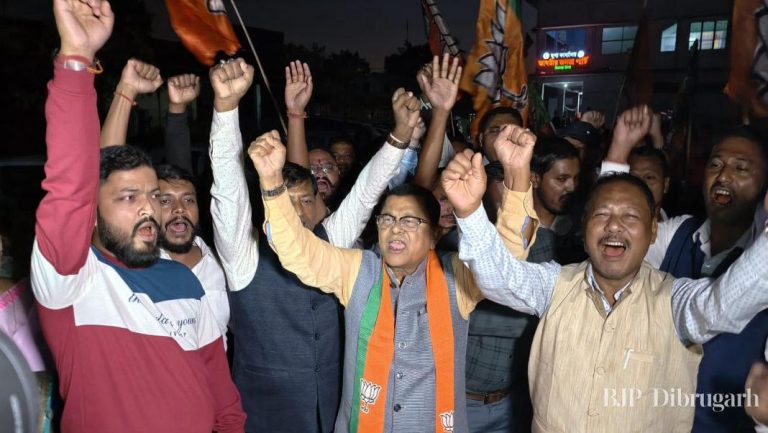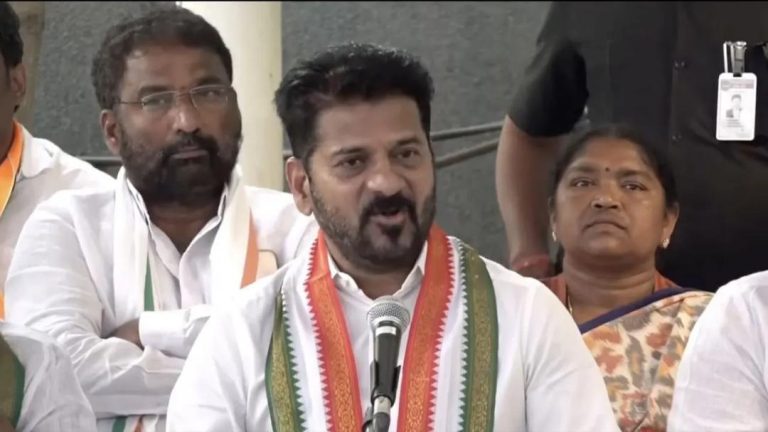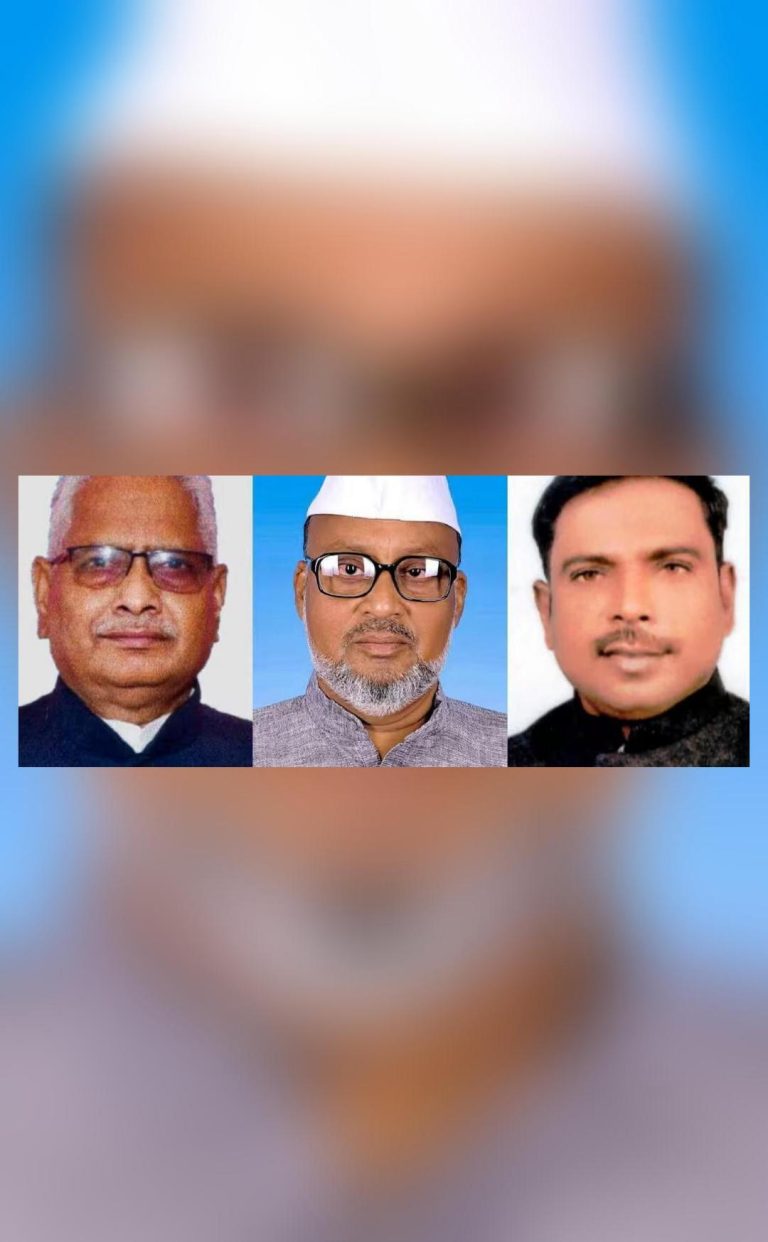
Why should I send water to Punjab?: J&K CM on canal proposal
In a recent development, the Jammu and Kashmir Chief Minister, Omar Abdullah, expressed his reservations over the proposal to construct a 113 km-long canal to redirect surplus water from three western rivers of the Indus system in J&K to Punjab, Haryana, and Rajasthan. The canal, which is expected to cost around Rs 10,000 crore, aims to solve the water scarcity issues in these states. However, the J&K CM has questioned the need for such a project, citing the historical water disputes between the states.
Speaking to the media, Omar Abdullah stated, “Why should I send water to Punjab? Punjab already had water under the Indus Waters Treaty.” He added, “Did they give us water when we needed it?” The Indus Waters Treaty, signed in 1960, regulates the sharing of water between India and Pakistan. The treaty allows India to use the water from the western rivers, including the Jhelum, Chenab, and Ravi, for non-irrigational purposes, while Pakistan has the right to use the water from the eastern rivers, including the Sutlej, Beas, and Ravi, for irrigation.
The J&K CM’s remarks have sparked a heated debate over the canal proposal, with many arguing that it would benefit the water-scarce regions of Punjab, Haryana, and Rajasthan. These states have been facing severe water shortages, affecting their agriculture and economy. The canal would help redirect the surplus water from the western rivers to these regions, providing a much-needed relief.
However, others argue that the proposal is unfair to J&K, which has been facing its own water scarcity issues. The state has been struggling to manage its water resources, with many areas facing severe droughts. The construction of the canal would divert the water away from J&K, exacerbating the state’s water crisis.
The J&K CM’s concerns are not unfounded. In the past, J&K has faced issues with water sharing between India and Pakistan. In 2010, the state faced a severe water crisis due to the construction of the Baglihar Dam by Pakistan on the Chenab River. The dam reduced the water flow into J&K, affecting the state’s agriculture and industry.
Pakistan has been accused of diverting water from the western rivers to its own regions, depriving India of its rightful share. The J&K CM’s remarks are likely a reaction to these historical disputes and the perceived unfair treatment of the state.
The canal proposal has also raised questions about the environmental impact of the project. The construction of the canal would require the diversion of a significant amount of water, which could affect the ecology of the region. The project has been criticized by environmentalists, who argue that it would harm the fragile ecosystem of the western Himalayas.
In conclusion, the J&K CM’s remarks on the canal proposal highlight the complex water disputes between India and Pakistan. While the proposal aims to solve the water scarcity issues in Punjab, Haryana, and Rajasthan, it is unfair to J&K, which has been facing its own water crisis. The construction of the canal would divert the water away from J&K, exacerbating the state’s water scarcity issues.
The issue is further complicated by the environmental concerns surrounding the project. The canal would require the diversion of a significant amount of water, which could harm the ecosystem of the western Himalayas. The J&K CM’s remarks are a reminder of the need for a more balanced approach to water sharing between India and Pakistan, one that takes into account the needs of all stakeholders.






